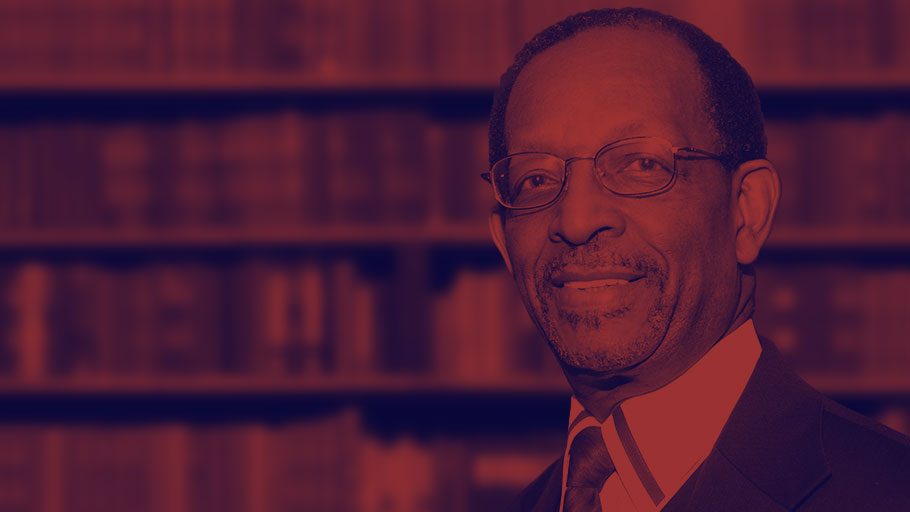February 8, 2016
I recently penned an article in which I encouraged President Obama to visit Haiti before the end of his term, to pay tribute to the unique history/heritage of the first Black Republic in the world and as an expression of gratitude to the Haitian people for their contribution towards building the United States of America. However, the political turmoil on the ground at the moment suggests that an Obama visit is far from what’s needed. The best thing President Obama can do is to put the full weight of the prestige, resources and political will of the U.S. behind ensuring free, fair and transparent elections in Haiti. There is a potentially disastrous political crisis in Haiti because of massive opposition to the first round of the recent presidential election that was widely perceived by observers inside and outside the country as flawed and fraudulent.
The tragedy is that even in the face of mounting opposition to the first round, the U.S. and the international community stubbornly insisted that the second round, the run-off, proceed anyway. Frankly, it was insulting and disgusting. It was like saying to the Haitian masses, that any election no matter how flawed or fraught with fraud will do, that the aspirations of the Haitian masses for an election and democracy they can believe in does not matter to the United States and the international community. The long suffering Haitian masses deserve better than that.
I stress “Haitian masses” because their hopes/dreams for a better way of life and brighter future have been continually denied by a powerful, parasitical elite, a largely self-centered and self-aggrandizing political class and the machinations, meddling and interference in Haiti’s affairs by the U.S. and other foreign powers. Shakespeare once said, “the fault… is not in our stars but in ourselves, that we are underlings.” In the Haitian political context, the fault is not with the Haitian masses of the poor, peasants, and the miniscule, struggling middle class, but with the elite, the political class and the interference of foreign powers that Haiti has failed to reach its full potential as the world’s first Black Republic! The courageous, resilient, energetic, creative, hardworking and long suffering Haitian masses deserve better, and those who love Haiti and its people must stand with them in the fight for a brighter future. And, President Obama can make a difference by helping the Haitian masses achieve this righteous cause.
The Haiti Support Project of the Institute of the Black World 21st Century unites with organizations in the Haitian Diaspora and in Haiti in the call for free, fair and transparent elections. Fortunately, the Electoral Commission has postponed the second-round of the presidential elections until April (this may be too soon). This is an important first step in what must be a conscientious effort to produce elections that the Haitian masses can embrace. Therefore, the elections not be rushed. “Haste makes waste.” All stakeholders concerned should take sufficient time to get the elections right this time. In that same vein, it was critically important that President Martelly, as a partisan with a stake in the outcome, step down at the end of his term. His exit from office as required by the Constitution should help the process.
An “inclusive” Interim or Transitional Government must now be constituted with a mandate to manage the country in the short-term and to oversee the organization of transparent legislative and presidential elections. Given the travesty of recent elections, a complete do over is in order to inspire confidence in the process. The key to a transparent process is the creation of an independent/non-partisan, inclusive Electoral Commission. In the past there has been the perception that the Electoral Commission was simply an arm of whatever government was in power. This perception must end if the vast majority of the Haitian people are to have confidence in the fairness and transparency of the process.
I stress “inclusive” because it is important that the “winner take all” tendency within Haiti’s embryonic democracy be countered by cultivating a sense of unity of purpose, of “Haiti first,” to achieve social, economic and political progress. Hence, the Haitian masses of all political persuasions should see an Interim or Transitional Government and Electoral Commission which is broadly inclusive/representative of the political spectrum in the country. And, no matter which party ultimately wins the presidential election, friends and supporters of Haiti would do well to encourage the new President to form an inclusive government, one which is tantamount to a Government of National Unity; a Government that includes representatives of various political parties and constituencies; a Government committed to putting Haiti and the interests and aspirations of the Haitian masses above the narrow interests of the elite and the political class. Indeed, there is an argument to be made that when the lives of the Haitian masses are improved, the prospects for prosperity for everyone, including the political class, will improve because of the political stability and social/economic growth that will occur.
I still want President Obama to visit Haiti, but I want him to lay the ground work for an historic journey by showing respect for the wishes of the Haitian masses for free, fair and transparent elections. As President of the United States, he should expend whatever resources necessary to achieve this end. Then, he can arrive in Haiti having truly earned the admiration and respect of the Haitian people!
Dr. Ron Daniels is President of the Institute of the Black World 21st Century and Distinguished Lecturer at York College City University of New York. His articles and essays also appear on the IBW website www.ibw21.org and www.northstarnews.com. His weekly radio show, Vantage Point can be heard Mondays 10:00 AM – 12:00 Noon on WBAI, 99.5 FM, Pacifica in New York or streaming live via WBAI.org. To send a message, arrange media interviews or speaking engagements, Dr. Daniels can be reached via email at info@ibw21.org















